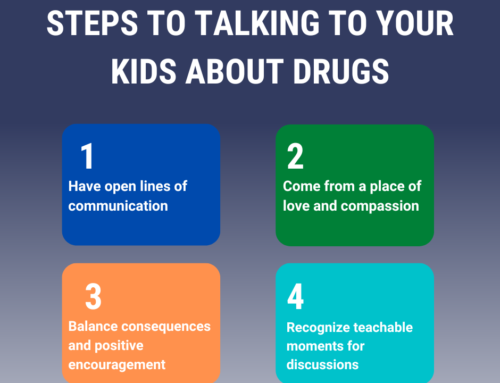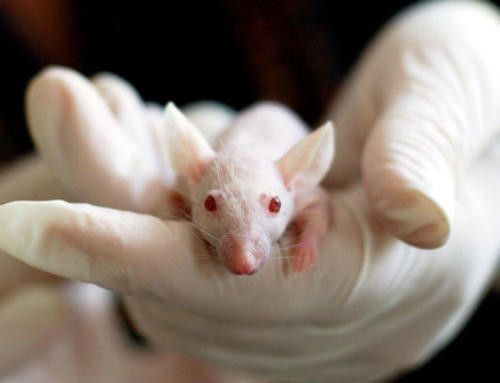You may have heard some version of St. Augustine’s observation that “To many, total abstinence is easier than perfect moderation.” 12-step programs emphasize total abstinence from drugs and alcohol. This focus on abstinence, along with strong social support, may be why 12-step programs are effective for so many people. Abstinence is not only necessary for many recovering addicts, but it’s actually easier too. There are several reasons for this.
Drinking weakens your willpower.
Perhaps the biggest reason moderation is harder than abstinence is that one drink, or one joint, or whatever it is, immediately weakens your willpower. You only need a little bit of willpower to abstain, but after that first drink, not having a second requires exponentially greater willpower. Drinking impairs your judgment, so even if you told yourself you would definitely have only one drink, after that drink, you have less control than you did when you couldn’t resist one drink.
One drink is a trigger for more drinks.
The problem of weaker willpower is massively compounded by the immediate expectation of more drinks. You never just had one before, so now your body expects you just to keep going out of inertia. Pushing against this massive force born of years of addiction is your willpower, already weakened by a drink. What’s more, once you’ve violated your sobriety, you may feel like you might as well go all the way.
Bright lines work better.
The 12-step approach of forbidding any substances under any conditions strikes many people as dogmatic, and in some cases is not feasible, but it is also a bright line. That is, it’s a simple rule by which you can judge your sobriety. When you make things complicated, you open the way to abuse. Just look at the tax code.
When you say, for example, “No more drinking under any circumstances,” you know when you’ve violated that rule. If, on the other hand, you say, “Only moderate drinking from now on,” suddenly, you’re in murky waters. Is one drink moderate? Two? What about two drinks every night? Three? When does it stop being moderate? You have to put a lot of mental effort into it and the line between success and failure is always moving, usually to accommodate more drinking. When you’re rule is abstinence, you know immediately when you’ve crossed the line.
Avoiding temptation is easier than quitting.
Finally, people don’t typically find it very hard to avoid that first step toward relapse. You can take a route to work that doesn’t go by your old bar. You can stop yourself from calling an old drinking buddy. These peripheral things in themselves aren’t too tempting. Once you’ve had that first taste, though, it takes an almost superhuman strength to stop.
Located in downtown Midland, The Springboard Center’s mission is to offer programs and services to treat alcohol and drug addiction treatment using an evidence based curriculum, 12 step programs, diet, nutrition, exercise, emotional, mental and spiritual development for a long recovery. For more information, please call us at 432-620-0255 as we are open 24 hours a day, 7 days a week.




